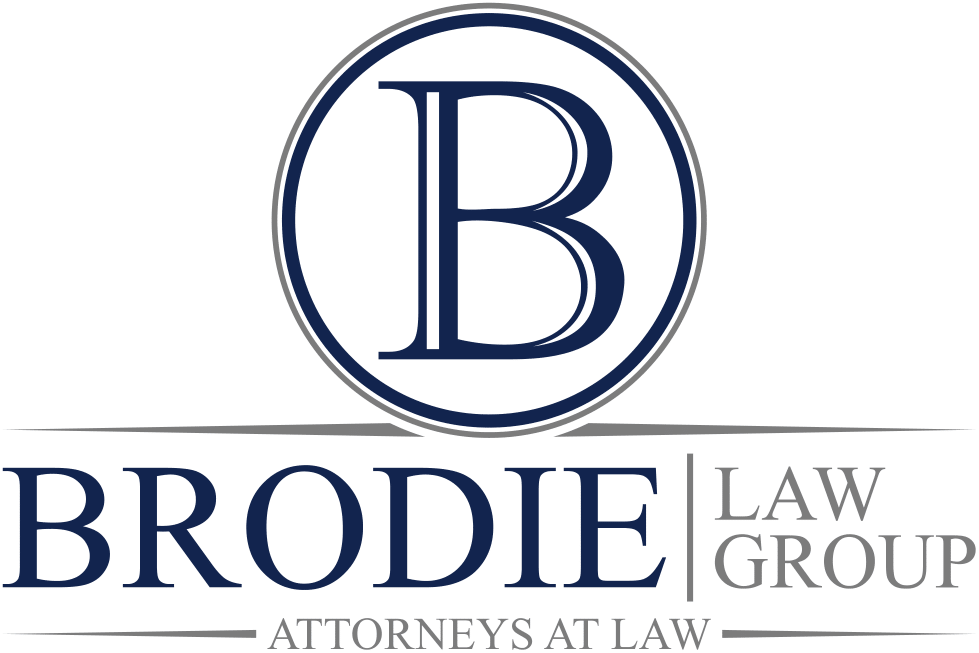Home > Practice Areas > Family Law

Home > Practice Areas > Family Law

If you’re considering divorce, you probably have a thousand questions.
How much will this cost? Will I be able to see my children? Do I need a divorce attorney?
To help answer those questions we put together the Georgia Divorce Guide to help you understand the divorce process and the major divorce issues.
Browse the guide below and contact us to schedule a confidential consultation so we can help answer questions to your case.
Visit our divorce practice page here.

If you’re considering divorce, you probably have a thousand questions.
How much will this cost? Will I be able to see my children? Do I need a divorce attorney?
To help answer those questions we put together the Georgia Divorce Guide to help you understand the divorce process and the major divorce issues.
Browse the guide below and contact us to schedule a confidential consultation so we can help answer questions to your case.
Visit our divorce practice page here.
When you get married, your life is merged with your spouse.
During the course of a marriage, couples generally establish joint bank accounts, buy property, become vested in retirement accounts or establish 401Ks, and may have debt together.
When you become divorced, any property (houses, bank accounts, retirement accounts) and debt must be divided in a fair and balanced way. In Georgia, property is divided equitably, which does not necessarily mean 50/50.


Under Georgia law, all your financial information must be disclosed voluntarily.
This means you can’t hide money or assets from your spouse in order to get a better result.
In any divorce in the state of Georgia, each party must list any assets and liabilities they may have, such as income and living expenses, as a part of the divorce filings.
Property is divided between the divorce parties equitably – not 50/50. However, before it can be divided, any property must first be valued.
Some types of property may be easy to value, however other property may not be easy. This may be the case with business valuations, investments, retirement accounts, etc.
When property can’t be valued easily, experts may be needed.

There are two types of support in a divorce – spousal support and child support.
Spousal support, also known as alimony, is designed to help support one spouse while the divorce is pending, and/or after the divorce is finalized.
If you have children, child support will also need to be addressed. When two parents split up, it creates two separate households, causing a significant change in income and living expenses.


Spousal support is money paid to a spouse to help support them financially.
Spousal support can be temporary (while the divorce process is pending), or permanent (after the divorce is granted or finalized).
Factors that effect spousal support include the length of the marriage, the earning capacity of each spouse, the contribution of each spouse during the marriage, the standard of living during the marriage, etc.
Click the link below to learn more about the basics of spousal support or alimony in Georgia:
It is Georgia’s state policy that every parent has an obligation to support their children.
If you have minor children, the court will require child support to be addressed early on in the divorce process.
Georgia courts use specific guidelines to determine child support. The main factors include the income of each parent, the amount of time each parent will spend with the children, the disposable income available, and health care expenses.

Divorce can be hard when there are children involved.
Most parents want to spend as much time as possible with their children, but living arrangements can make it difficult for each parent to spend equal time with their children.
As part of the divorce process in Georgia, the parties should attempt to agree on a visitation schedule that allows each parent to spend quality time with their children.
There are two types of custody in Georgia: physical custody and legal custody.


Physical custody involves which parent the child will primarily reside with.
Usually one parent is designated as the primary physical custodian and the other parent receives secondary physical custody based on a designated visitation schedule.
Joint physical custody is not typical in Georgia. Joint physical custody is where parents share equal parenting time. Judges in Georgia don’t typically award joint physical custody, favoring one parent over the other. However, joint physical custody may sometimes be accomplished through agreement of both parties.
Legal custody involves which parent can make the major decisions related to the child’s upbringing such as education, religion, medical needs and extracurricular activities.
Legal custody can be sole or joint.
Sole legal custody means one parent has the right to make all the major decisions. Joint legal custody, which is more typical in Georgia, means both parents share the authority to make the major decisions for their children’s upbringing and must consult with the other parent before making those major decisions.

Costs vary. No two cases are the same. The more complex a divorce is, the more money it will cost. Some factors affecting the cost include whether the divorce is contested or uncontested, whether there are children involved and the amount of property involved such as real property or investments.
Again, it varies. Some factors include whether the divorce is contested or uncontested, whether the two parties have already been living in a state of bona-fide separation and whether children are involved.
Yes, you can ask the court to restore your name back to your maiden name. Your request to restore your maiden name is usually encompassed within the final divorce decree or order. Your attorney will usually ask whether you would like your maiden name restored so they can draft the final divorce decree accordingly.
If the parents are unable to agree on a major decision, the law requires there be a “tiebreaker” parent who has the final word. Georgia law recognizes four major areas of child rearing that require a tie-breaker parent: educational decisions, medical decisions, religious upbringing decisions, and extra-curricular activity decisions. Both parents can agree as to which parent will serve as the tiebreaker or the court will designate a tiebreaker in the divorce or custody order. It is possible to split up the tie-breaker areas between the parents. For example, if one parent is the tie-breaker parent for education and medical decisions, the other parent can be the tie-breaker parent for religious decisions and extra-curricular activity decisions.
Call the Brodie Law Group to speak with Macon divorce attorney Ashley M. Brodie if you are currently considering divorce. She understands the complex Georgia divorce laws and will help you navigate the divorce process while standing up for your rights. Call (478) 239-2780 to schedule a confidential consultation and get started on your case today.
